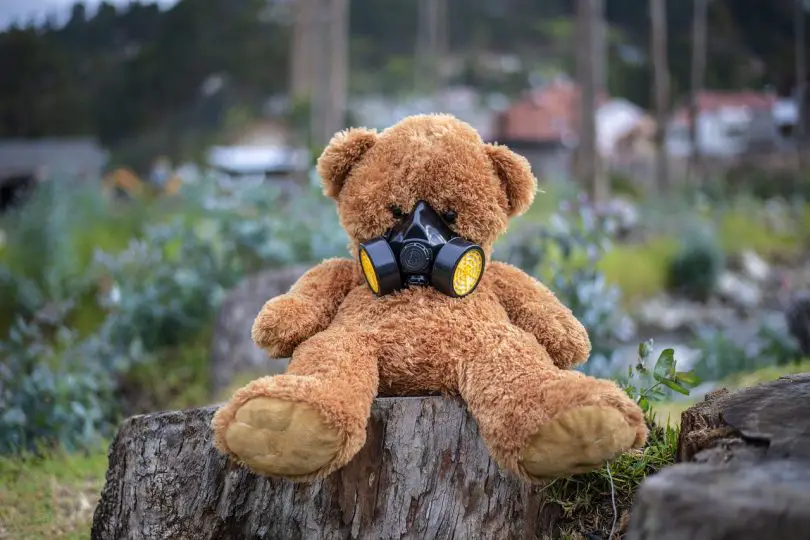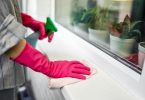Introduction
Embracing Eco-Friendly Cleaning Practices
In a world where environmental sustainability is becoming increasingly important, it’s essential to consider the impact of our cleaning habits on the planet. Sustainable cleaning involves making conscious choices to minimize waste and pollution while keeping our homes clean and healthy. In this article, we’ll explore practical tips for adopting sustainable cleaning practices that benefit both the environment and our well-being.
Understanding Sustainable Cleaning
Defining Sustainability in Cleaning
Sustainable cleaning focuses on reducing the environmental impact of cleaning products and methods while promoting health and safety for both humans and the planet. It involves using eco-friendly products, minimizing waste, and conserving resources throughout the cleaning process.
Choosing Eco-Friendly Cleaning Products
Opting for Green Alternatives
One of the first steps towards sustainable cleaning is choosing eco-friendly cleaning products made from natural, non-toxic ingredients. Look for products with certifications such as EPA Safer Choice or Green Seal, which indicate that they meet strict environmental and safety standards.
Making Homemade Cleaning Solutions
Harnessing the Power of Natural Ingredients
Another sustainable option is to make your own cleaning solutions using simple, natural ingredients like vinegar, baking soda, and lemon juice. These DIY solutions are effective, affordable, and better for the environment, as they reduce the need for single-use plastic packaging.
Using Reusable Cleaning Tools
Ditching Disposable Products
Instead of using disposable cleaning wipes or paper towels, opt for reusable cleaning tools such as microfiber cloths, mop heads, and scrub brushes. Not only do these tools reduce waste, but they also save money in the long run and are more effective at cleaning.
Minimizing Water Consumption
Conserving a Precious Resource
Water is a valuable resource, and minimizing water consumption during cleaning is essential for sustainability. Use a bucket instead of running water when mopping floors, and fix any leaks or drips to prevent water waste.
Reducing Energy Usage
Lowering Your Carbon Footprint
Many cleaning tasks involve the use of energy-intensive appliances like vacuum cleaners and washing machines. To reduce your energy usage, opt for energy-efficient appliances and air dry laundry whenever possible.
Proper Waste Disposal
Disposing of Cleaning Waste Responsibly
Proper waste disposal is crucial for sustainable cleaning. Dispose of empty cleaning product containers in recycling bins, and check with your local waste management authority for guidelines on disposing of hazardous cleaning waste.
Avoiding Harmful Chemicals
Protecting Your Health and the Environment
Avoid cleaning products that contain harsh chemicals like ammonia, chlorine, and phthalates, which can harm both human health and the environment. Choose products with natural, plant-based ingredients instead.
Green Cleaning Tips for Specific Areas
Tailoring Your Approach
Different areas of the home may require different cleaning techniques. From kitchens to bathrooms to outdoor spaces, there are sustainable cleaning solutions for every area of your home.
Conclusion
Embracing Sustainability in Cleaning
By following these tips for sustainable cleaning, you can reduce waste and pollution while maintaining a clean and healthy home. Sustainable cleaning isn’t just about protecting the environment; it’s about creating a safer, healthier living space for you and your family.
FAQs
1. Are eco-friendly cleaning products effective at removing tough stains and odors?
Yes, many eco-friendly cleaning products are just as effective as traditional cleaners when it comes to removing stains and odors. Look for products with natural enzymes or plant-based surfactants for powerful cleaning without harmful chemicals.
2. Can I use homemade cleaning solutions on all surfaces?
Homemade cleaning solutions are safe to use on most surfaces, but it’s always a good idea to spot test in an inconspicuous area first. Avoid using acidic solutions like vinegar on marble or granite surfaces, as they can cause damage.
3. How can I make my own all-purpose cleaner?
To make an all-purpose cleaner, mix equal parts water and white vinegar in a spray bottle. You can add a few drops of essential oil for a pleasant scent if desired. Shake well before each use.
4. Are reusable cleaning tools easy to clean and maintain?
Yes, reusable cleaning tools like microfiber cloths and mop heads are easy to clean and maintain. Simply rinse them out after each use and launder them according to the manufacturer’s instructions.
5. Where can I find eco-friendly cleaning products?
Eco-friendly cleaning products are available at many supermarkets, health food stores, and online retailers. Look for products with eco-friendly certifications or read reviews to ensure they meet your sustainability criteria.







